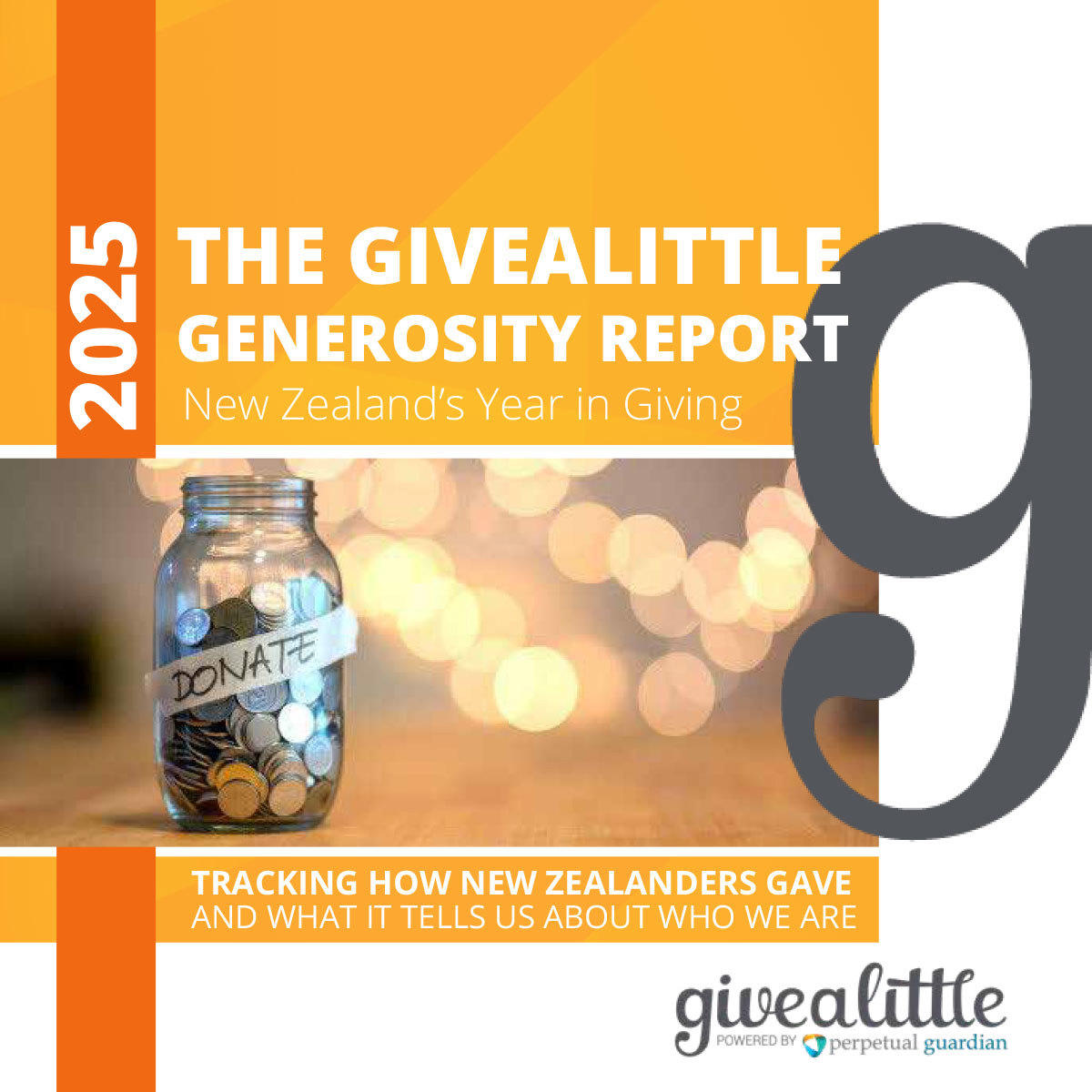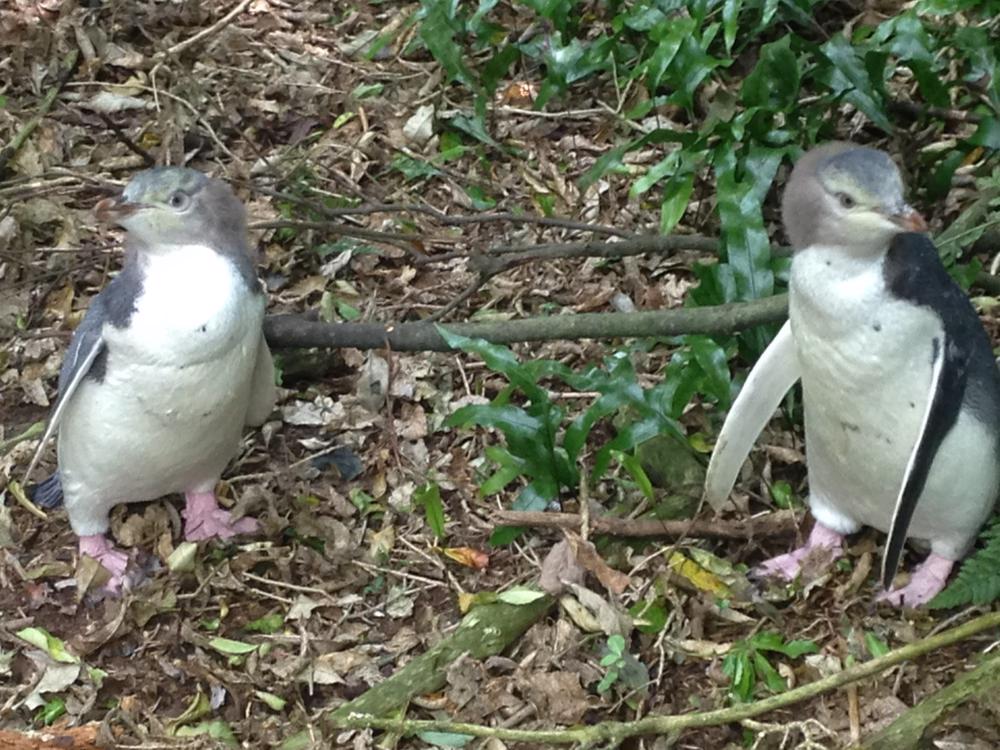Yellow-eyed Penguin Dispersal Research
Donate now to help my research that will track Yellow-eyed Penguin chicks to find out how they cope with their first year at sea!
Otago
Would you like to help save the endangered Yellow-eyed Penguin from extinction on the mainland of New Zealand? You could make a difference by donating now to my research that will find out how penguin chicks cope with their first year at sea! I will be tracking fledgling chicks as they head out into the ocean to find out for the first time where they go and what areas of the ocean they visit in the first year of their lives. To successfully do this I need to buy additional electronic tracking devices and I need to raise NZ$5000 to supplement the research grant I have received from the Ornithological Society of New Zealand (view my overview article in the link to the right or copy and paste this URL: http://www.osnz.org.nz/sites/osnz.org.nz/files/YEP%20Fledgling%20Dispersal%20Overview%20Article.pdf ).
For the last 10 years, large numbers of fully-grown hōiho (yellow-eyed penguin) chicks have been underweight and removed from their nests for supplementary feeding at DOC-approved rehabilitation centres just prior to fledging (chicks leaving the nest). The idea behind this is to improve adult survival in years of poor food supply by relieving adults of their last few weeks of feeding responsibilities, and to prevent chick mortality through starvation. Healthy fledglings naturally disperse north along the Otago and Canterbury coasts in their first year, but around 84% return to near their birthplace to breed from 2 years of age. For supplementary-fed chicks, the impacts of direct release to the wild (hard release) and gradual release to the wild (soft release) on their dispersal behaviour is unknown. We do know that soft-release chicks are less likely to return in a weak state shortly after leaving the nest, and we think this is means they have time to bond with a breeding site and with local adult birds, who may act as role models. Soft-release has led to population growth in breeding colonies in North Otago.
I will be working in collaboration with existing rehabilitation centres, the Yellow-eyed Penguin Trust, DOC and Ngāi Tahu to investigate the dispersal mechanisms of supplementary-fed hōiho chicks, with the aim of identifying important at-sea areas for juvenile hōiho. At present there are no data on juvenile dispersal. Tracking devices attached to the fledglings will produce new baseline information and help us to understand how supplementary-fed fledglings disperse in the marine environment. As there is no current data on the at-sea movements of fledglings this research may help determine overlapping marine threats and will help in planning marine reserves. Fledglings will be fitted with a tracking device when ready for soft-release (March - April 2017), and tracked for up to four months using satellite tags. This is part of a larger study to determine the effectiveness of supplementary feeding on hōiho chicks and subsequent parental survival, based on rigorous analysis of existing data.
This appeal for financial support for my studies at the University of Otago is an entirely personal one. The use of any funds raised is not overseen or audited by the University.
Bryony Alden's involvement (page creator)
I will use donations to improve the fieldwork component for my honours project at the University of Otago. In 2017 I am studying fulltime towards a Bachelor of Science with Honours in Ecology and my chosen field of research is Yellow-eyed Penguin fledgling dispersal.
Use of funds
The funds raised here will be used to purchase GPS satellite tags to track rehabilitated Yellow-eyed Penguin chicks during their first year of life. As well as the devices, the money will be used to buy the required equipment to attach the devices and may fund transport cost to and from the site. Any donations above my funding goal that are not needed to support my research project, will be used to fund additional, future penguin research.

Latest donations

Thank you so very much for your donation! Every little bit makes a difference so thank you for your support!

Thank you very much for your kind donation. I really appreciate your support! :)

Thank you so much for your donation and support of my research!

Lea thanks for the awesome birthday gift! Very luck to have a friend who thought of donating for my birthday! Thanks again for your support! B xx

Hi Jojo, thank you for your donation. I always enjoy coming across the sea lions while out in the field, you would have had a lot of fun studying them for your masters! Thanks again for your support!
Who's involved?
Page Q&A
Ask a question hereAny concerns?
Report this pageThank the donor
Your message will be displayed on the page and emailed to the donor.
Your new message will also be emailed to the donor.
Saving a blank entry will delete the current comment.

